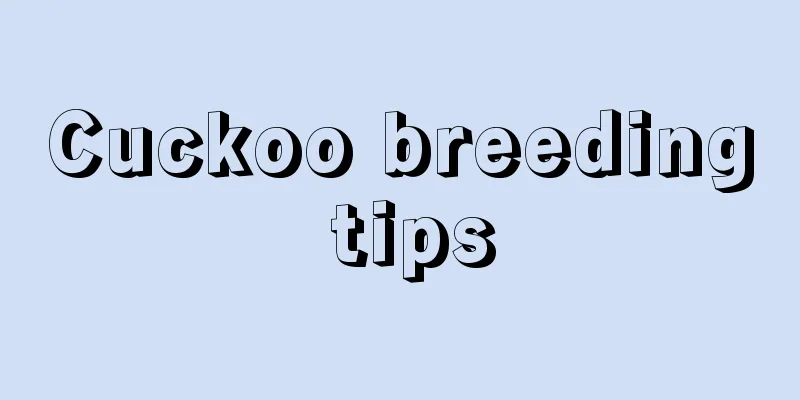Olive flower cultivation methods and precautions

Olive flower cultivation methodsoilThe olive tree is a world-famous precious high-quality woody oil tree species characterized by "high yield, high quality and high efficiency". It is a strong shade-bearing tree that likes to grow in well-drained land. It is drought-resistant and has strong adaptability to soil. It can grow in slightly alkaline sandy loam and lime-rich clay. It has shallow roots and is cold-resistant. General varieties can withstand temperatures as low as -12°C, and cold-resistant varieties can withstand temperatures as low as -18°C. It is a long-lived tree species with strong growth ability. Water and fertilizer managementWatering: After planting, prevent water shortage due to long-term exposure to the sun, keep the soil moist and ensure sufficient water. Fertilization: Nitrogen fertilizer is the main fertilizer for young trees, and other fertilizers can be appropriately combined. The principle is to apply fertilizer frequently and lightly, usually once every two months, or once before and after the sprouting. The main fertilizers for fruiting trees are nitrogen, phosphorus and potassium fertilizers. Dig a 20-cm-deep circular ditch or two half-moon-shaped trenches under the dripping water on the outer edge of the crown, and apply the fertilizer into the ditch. If it is liquid fertilizer, cover it with soil after it dries. If it is dry fertilizer, cover it with soil immediately after application. Garden weedingOlive trees planted in the garden need to be weeded regularly to prevent weeds from growing and consuming the nutrients that originally belonged to the olive trees. You can choose glyphosate or paraquat, both of which are good herbicides. Herbicides have obvious phytotoxic effects on olive branches and leaves, so the branches and leaves must not be touched when spraying. The time for spraying is generally before the spring grass blooms and sets seeds and in late June when the summer grass is in its peak season. Olive flower domestication precautionsPlastic pruningAfter the seedlings are planted and survive, they should be fixed when they are 1-1.5 meters tall. It is usually cut at about 0.8 meters. Select 3-5 branches in different directions as main branches. When the main branches are too long, cut them short at 60 cm. Leave 3 side branches on each main branch. Process them step by step to form early-fruiting and high-yielding crowns as soon as possible. Common pests and diseasesA common disease of olive flowers is anthracnose, which can be controlled by spraying 600 times copper oxychloride solution. Common pests of olive flowers include scale insects and psyllids. If pests are found, use the following pesticides to spray them: 700 times of sulfamethoate emulsifiable concentrate; 1000 times each of omethoate and carbofuran, etc. |
<<: Common species of Caragana
Recommend
Growing environment conditions and characteristics of golden thread vine
Growing environment conditions and requirements o...
Does French perfume jasmine need to be topped?
1. Do you want to top it? To control the height o...
What are the functions and effects of Impatiens? Is it a herbaceous plant?
1. The role and efficacy of Impatiens 1. Anti-rhe...
Are dahlias poisonous?
1. No toxicity Dahlias are non-toxic flowers. It ...
No matter how you water, you don't have to worry about root rot, as long as you mix the soil like this
Succulent Many flower lovers who grow succulents ...
Can lavender be grown indoors? How to grow lavender indoors
1. Can it be kept indoors? Lavender can be grown ...
Which month is suitable for planting Atractylodes macrocephala
When to plant Atractylodes macrocephala Atractylo...
What is the function of copper coin grass
Ornamental value The leaves of the pennywort are ...
How to grow spinach on the balcony
1. Planting season: Spinach can be sown in all se...
Azalea Flowering Period
1. Spring Azalea There are many types of rhododen...
Rose planting conditions, growth conditions and temperature requirements
Rose Growing Conditions When planting roses, it i...
Just a word of watering in winter can keep your flowers alive for 20 years!
How to water the money tree in winter? A word abo...
How to fertilize the money tree
1. Fertilization principles The money tree should...
How to prolong the flowering period of jasmine
1. Fertilization If you want to extend the flower...
When is the best time to harvest peanuts? (What month is the best time to harvest peanuts?)
Crops are something that makes people anxious whe...









